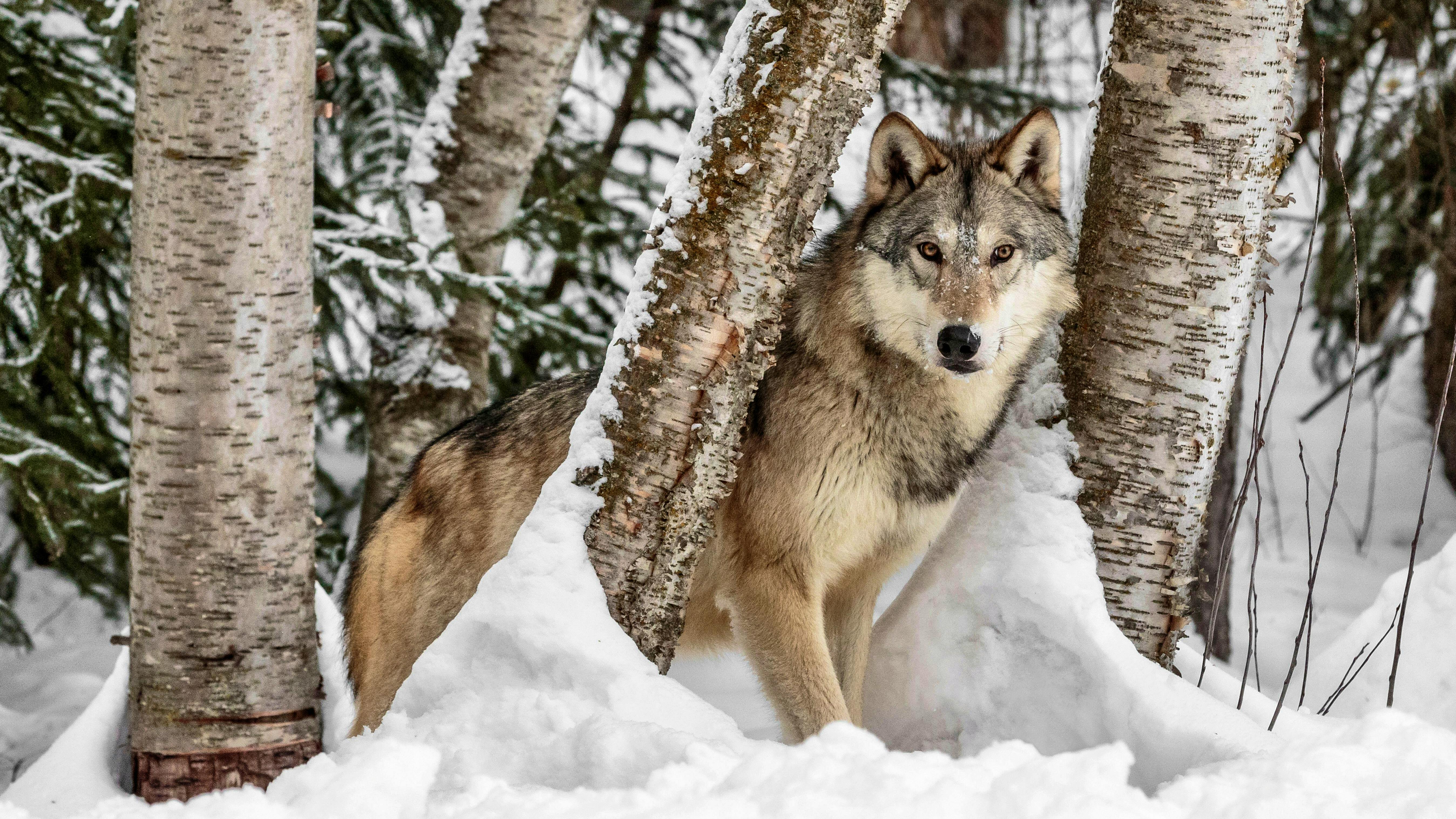Your weekly roundup of wildlife news from across the country
Whitetip Sharks Protected by the ESA: On Dec. 28, the National Marine Fisheries Services (NMFS) published a proposed regulation to protect the oceanic whitetip shark in the Federal Register in response to a petition filed by Defenders of Wildlife. The regulations would give the shark threatened species status under the Endangered Species Act (ESA). The oceanic whitetip shark is a victim of the international shark fin trade; it is also frequently killed as bycatch in other fisheries. We’ve already lost at least 70 percent of these sharks across the globe, and this proposal is a step towards making sure they aren’t lost forever for the sake of a delicacy. The public has 90 days to comment on the proposed regulation.
Climate Change is No Reindeer Game: a new study has shown that reindeer (or Caribou as they’re known here in the United States), can help combat the effects of climate change by eating vegetation. This helps maintain snow cover and reduce snowmelt in the Arctic Circle. Snow reflects solar energy back into space, reducing heat trapped in the atmosphere. These positive effects vary depending on the density of the deer population and number of shrubby plants in their feeding area, but one thing’s for sure: reindeer are good for our planet. We’re working hard to protect caribou habitat in the Arctic, including the Arctic National Wildlife Refuge, considered the crown jewel of the National Wildlife Refuge System and a potential target of the new administration.
Cheetahs Sprinting Towards Extinction? A new study from the Zoological Society of London estimates that there are 7,100 cheetahs left in the wild, a 93 percent drop in the big cat’s numbers since the end of the 19th century. Scientists also estimate that the cheetah has been driven out of 91 percent of its historic range. Besides habitat loss, cheetahs face threats that range from loss of prey, attacks from villagers, an illegal trade in cheetah cubs, the trafficking of cheetah skins and the threat of getting hit by speeding vehicles. According to the new study, about 77 percent of cheetahs live outside of wildlife reserves and other protected areas, requiring the government and villages to promote coexistence in ranching communities that have lost livestock to cheetahs. Will coexistence effort help the world’s fastest land animal beat the clock on extinction? We sure hope so.
Happy Anniversary! The Endangered Species Act turned 43 this week! Our nation’s most iconic wildlife conservation legislation was signed into law by Richard Nixon on December 28, 1973. Since then, the Endangered Species Act (ESA) has helped us protect and recover hundreds of species in the United States, from the grizzly bear to the gopher tortoise. ESA protections don’t just help prevent extinction; they allow scientists to research better conservation practices, provide for coexistence programs for ranchers, farmers and landowners in bear and wolf country and hold land developers accountable for preventing habitat loss. The Endangered Species Act is an incredibly important law, but it’s been under attack. The 114th Congress made 127 attempts to dismantle the ESA and other key wildlife protections. Defenders has worked tirelessly to head off these assaults on America’s wildlife and we will not give up.
Restoring Wetland Wildlife Habitat on the Eastern Shore: National wildlife refuges on the East Coast provide habitat for millions of migratory birds as they travel to their summer nesting and winter feeding grounds each year. However, development, climate-change induced rising seas and natural disasters like hurricanes are all taking a toll on eastern wetlands, including Blackwater National Wildlife Refuge in Maryland, where over 5,000 acres of marshland has already been lost. To combat this, the state is using leftover grant funds provided in the wake of Hurricane Sandy in 2012 to restore and preserve wetland habitat in the refuge. It’s not just birds that benefit from our nation’s wetlands: research shows that marshes, barrier islands and other areas help protect communities from increased flooding, storm surges and damage caused by climate-change related extreme weather.






Follow Defenders of Wildlife
facebook twitter instagram youtube tiktok threads